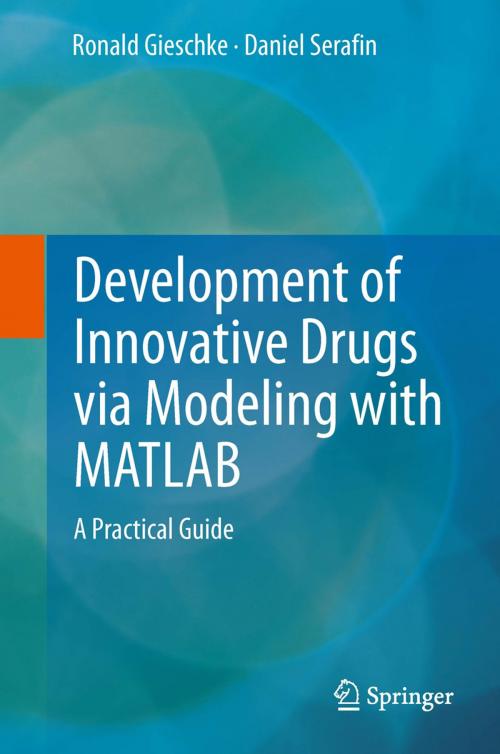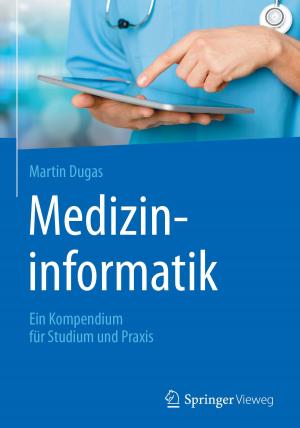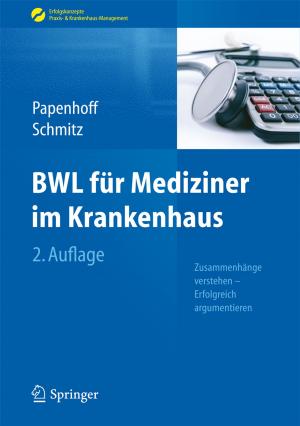Development of Innovative Drugs via Modeling with MATLAB
A Practical Guide
Nonfiction, Health & Well Being, Medical, Specialties, Pharmacy, Medical Science, Pharmacology| Author: | Daniel Serafin, Ronald Gieschke | ISBN: | 9783642397653 |
| Publisher: | Springer Berlin Heidelberg | Publication: | November 27, 2013 |
| Imprint: | Springer | Language: | English |
| Author: | Daniel Serafin, Ronald Gieschke |
| ISBN: | 9783642397653 |
| Publisher: | Springer Berlin Heidelberg |
| Publication: | November 27, 2013 |
| Imprint: | Springer |
| Language: | English |
The development of innovative drugs is becoming more difficult while relying on empirical approaches. This inspired all major pharmaceutical companies to pursue alternative model-based paradigms. The key question is: How to find innovative compounds and, subsequently, appropriate dosage regimens?
Written from the industry perspective and based on many years of experience, this book offers:
- Concepts for creation of drug-disease models, introduced and supplemented with extensive MATLAB programs
- Guidance for exploration and modification of these programs to enhance the understanding of key principles
- Usage of differential equations to pharmacokinetic, pharmacodynamic and (patho-) physiologic problems thereby acknowledging their dynamic nature
- A range of topics from single exponential decay to adaptive dosing, from single subject exploration to clinical trial simulation, and from empirical to mechanistic disease modeling.
Students with an undergraduate mathematical background or equivalent education, interest in life sciences and skills in a high-level programming language such as MATLAB, are encouraged to engage in model-based pharmaceutical research and development.
The development of innovative drugs is becoming more difficult while relying on empirical approaches. This inspired all major pharmaceutical companies to pursue alternative model-based paradigms. The key question is: How to find innovative compounds and, subsequently, appropriate dosage regimens?
Written from the industry perspective and based on many years of experience, this book offers:
- Concepts for creation of drug-disease models, introduced and supplemented with extensive MATLAB programs
- Guidance for exploration and modification of these programs to enhance the understanding of key principles
- Usage of differential equations to pharmacokinetic, pharmacodynamic and (patho-) physiologic problems thereby acknowledging their dynamic nature
- A range of topics from single exponential decay to adaptive dosing, from single subject exploration to clinical trial simulation, and from empirical to mechanistic disease modeling.
Students with an undergraduate mathematical background or equivalent education, interest in life sciences and skills in a high-level programming language such as MATLAB, are encouraged to engage in model-based pharmaceutical research and development.















